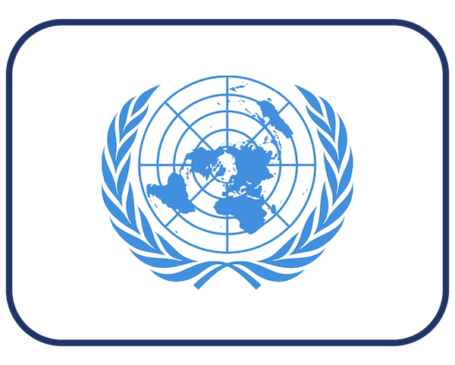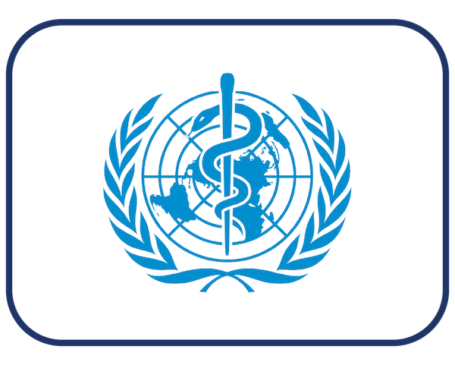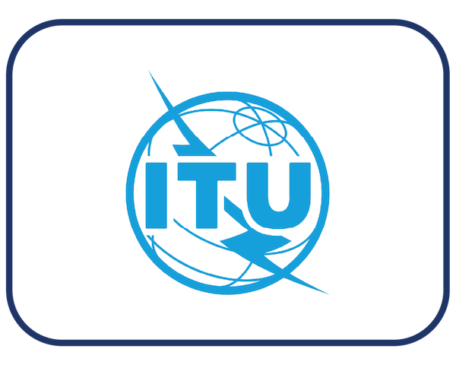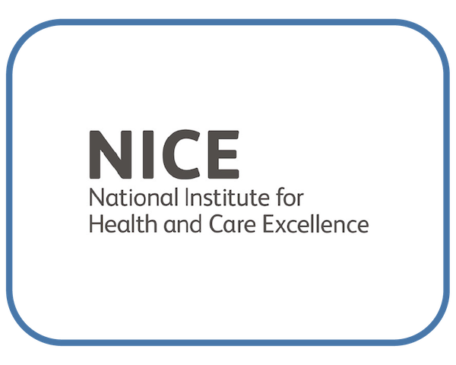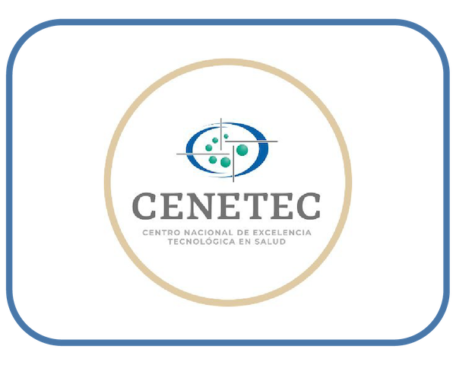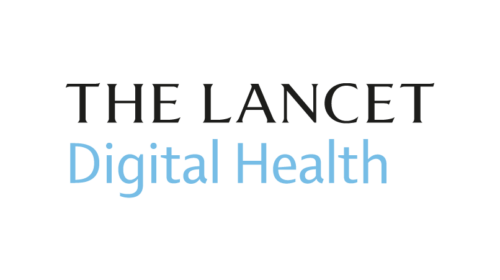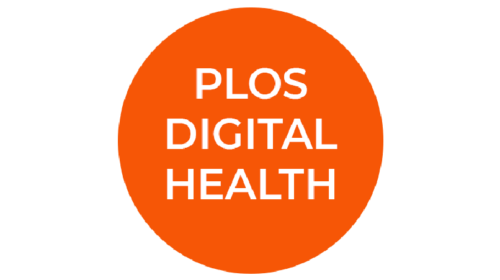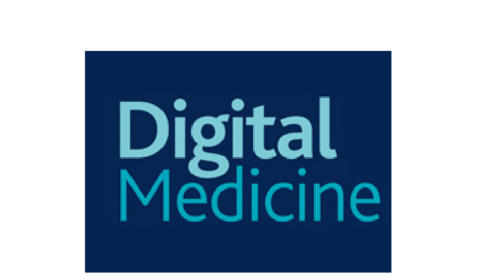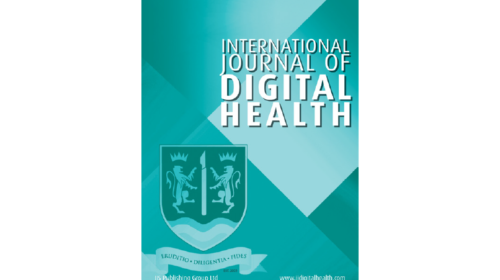What is Digital Health
The Digital Health It is the catalyst for the transformation of health systems, in order to improve access and effective coverage to efficient, effective and quality health services that improve people's quality of life.
The Digital Health is a central element of the global development agenda:
La Salud Digital es un elemento central de la agenda global de desarrollo:
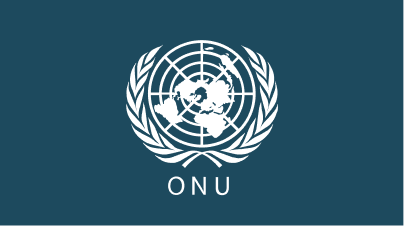
The Organización de Naciones Unidas, en los Objetivos de Desarrollo Sostenible 2030, consideró la relevancia de las tecnologías de información en 10 de los 17 objetivos.
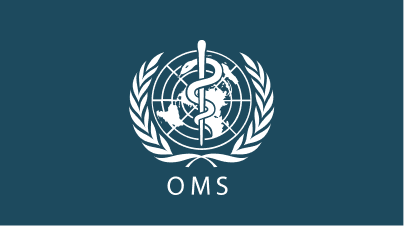
Por su parte, la Organización Mundial de la Salud publicó la Estrategia Global de Digital Health 2020 – 2025, donde establece los principios, objetivos y líneas de acción que los gobiernos deben llevar a cabo.

Finalmente, en la región de las Américas, en la sesión del Comité Ejecutivo de la Organización Panamericana de la Salud, los países integrantes ratificaron la Hoja de Ruta para la Transformación de digital del sector salud en la región de las Américas.
La Salud Digital en la agenda global de desarrollo y la académica

Publications of multilateral organizations and governments in the world

Meet the journals published by the most important scientific publishers

The main advanced academic institutions in the creation of programs
Convergence of different revolutions
The Digital Health It is constituted from the convergence of different disruptive tendencies
and innovations that impact the person, the family and society as a whole.






La Salud Digital cataliza la prestación de servicios de salud centrados en la persona

The Digital Health It allows the reengineering of the provision of services towards personalized public health, where starting from a population base, each individual is valued, their health condition and risks are outlined, and with this, personalized actions are carried out that favor a better health condition. .
The public health personalized is expressed through the health turbine.

Regulación efectiva para impulsar la Salud Digital en los sistemas de salud

The Digital Health It must be accompanied by a regulatory and normative framework that allows the transformation of health services, and ultimately the health system as a whole. This requires the creation of a robust framework in three areas:

Innovations and knowledge
Promotion and guidelines for conducting digital clinical trials, guides for the incorporation of artificial intelligence algorithms in clinical practice.

Provision of health services
Digital schemes for NOMs in the field of health services and Clinical Practice Guides.

Information Management
Robust body of guides, guidelines and standards for the adoption of personal data protection schemes.
Transformation of the health system thanks to Digital Health

The Digital Health it catalyzes a reengineering that goes beyond the mere provision of health services. It favors a fundamental change in different spheres of the health system, transforming it to ensure a sustained and sustainable impact.

Implantación Efectiva de la Salud Digital
so that the Digital Health is a reality and the transformation of health systems is ensured in their different spheres, local, regional and national, a joint, coordinated and aligned work must be ensured to a single and long-term vision, under the leadership of a national Government and with the accompaniment and execution by local governments, putting the person and their family at the center in interaction with health professionals.


Impacto de la Salud Digital en el sistema de salud
1. Political Declaration of the High-Level Meeting on Universal Health Coverage of the United Nations Organization in September 2019.
2. La Organización Mundial de la Salud (OMS), en el marco de la 71va Asamblea General de la Salud en mayo 2018, publicó una resolución que enfatiza el rol de la Digital Health en la transformación de los sistemas de salud. Desde entonces, la OMS ha creado el Departamento de Digital Health, ha designado a una Científica de Datos en Jefe, ha creado un Grupo Técnico Asesor en Digital Health, y ha lanzado la Estrategia en Digital Health 2020-2025.
3. The United Nations Children's Fund (UNICEF) has promoted the adoption of technologies for the provision of health services focused on child health, among which the promotion of technologies for vaccination programs stands out.
4. La Unión Internacional de Telecomunicaciones (UIT) ha realizado esfuerzos proactivos para generar conciencia en los ministerios de comunicaciones de los países sobre la importancia de contar con estrategias de conectividad y uso de banda ancha. Asimismo, ha publicado informes para la implementación de estrategias de Digital Health.
5. La Comisión de Banda Ancha para el Desarrollo Sostenible conformó un Grupo de Trabajo de Digital Health para impulsar una agenda robusta de Digital Health con tomadores de decisiones del sector público y el sector privado. Desde 2017, la Comisión ha publicado tres reportes icónicos: Digital Health: un Llamado a los Gobiernos para la Cooperación entre la Salud y las TIC (2017), La Promesa de la Digital Health: Enfoque a las Enfermedades Crónicas para acelerar la Cobertura Universal en Salud (2018); y Reimaginando la Salud Global a través de la Inteligencia Artificial: una Ruta Crítica para la Madurez de la IA (2020).
6. El Banco Interamericano de Desarrollo (BID) en 2011, a través de la Iniciativa Salud Mesoamérica, encabezada por Fundación Carlos Slim y, la Fundación Bill y Melinda Gates y el Gobierno de España, comenzó apoyando a los países participantes en el desarrollo e implantación de soluciones de Digital Health, en especial en los países de Centroamérica. En paralelo, la División de Protección Social y Salud ha estado financiando y proveyendo apoyo técnico a los países que desean implementar soluciones de Digital Health. En 2019, el BID lanzó +Digital, una plataforma que emula el Atlas de Salud de la OMS, donde se muestran las distintas aplicaciones de Digital Health en la región.
7. The Sistema Nacional de Salud de Reino Unido (NHS) ha lanzado una serie de iniciativas tendientes a asegurar la transformación digital en salud, entre las que destacan la Unidad de Analítica, el Hub Virtual de Inteligencia Artificial y el Laboratorio de Inteligencia Artificial. Adicionalmente, a través del Instituto Nacional para la Excelencia en Salud (NICE), emite recomendaciones para las distintas instituciones del sector salud sobre las nuevas tecnologías dirigidas a la atención, y ha desarrollado una herramienta para la valoración temprana de tecnologías médicas.
8. La Administración de Alimentos y Medicamentos (FDA) del Gobierno de Estados Unidos estableció un Centro de Excelencia en Digital Health, encargado de la emisión de lineamientos, guías y recomendaciones para el desarrollo de software para uso en dispositivos médicos (SaMD), valoración de resultados clínicos, y el lanzamiento de un programa de pre-certificación de empresas desarrolladoras de software, entre otros.
9. La Asociación GSM, una organización que aglutina a más de 750 operadores de telefonía celular, ha elaborado diversos reportes para alertar sobre los beneficios de la Digital Health, y ha documentado a través de múltiples casos de estudio los beneficios de la Digital Health en distintos países de África, Asia y América Latina, entre otros.
10. Tapia-Conyer, Roberto y Saucedo-Martínez, Rodrigo. “La Digital Health: Eje de la Transformación del Sistema de Salud de México”, en Contreras Bustamante, Raúl y Peñaloza, Pedro José (coords.) ¡Sí, hay salidas! México: Universidad Nacional Autónoma de México y Editorial Porrúa 2018.
11. El término “salud pública personalizada” fue acuñado por Roberto Tapia-Conyer y se construye sobre los principios de salud poblacional y que, gracias a la Digital Health, pueden ser personalizados y diseñados para necesidades específicas de cada persona, basados en los avances científicos de la genómica, la metabólica, la proteínica, el estado de salud actual y los determinantes en salud, entre otros.



